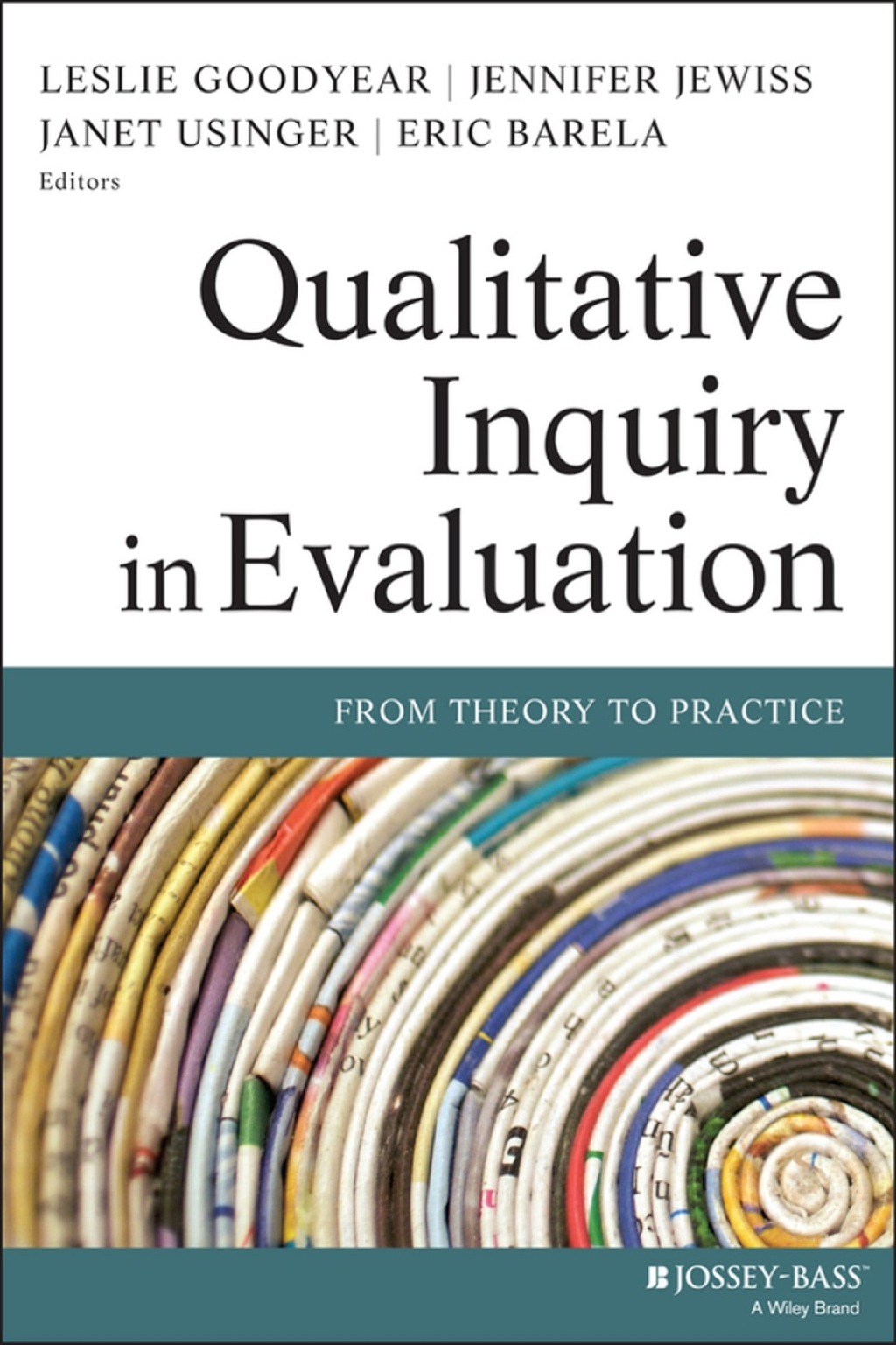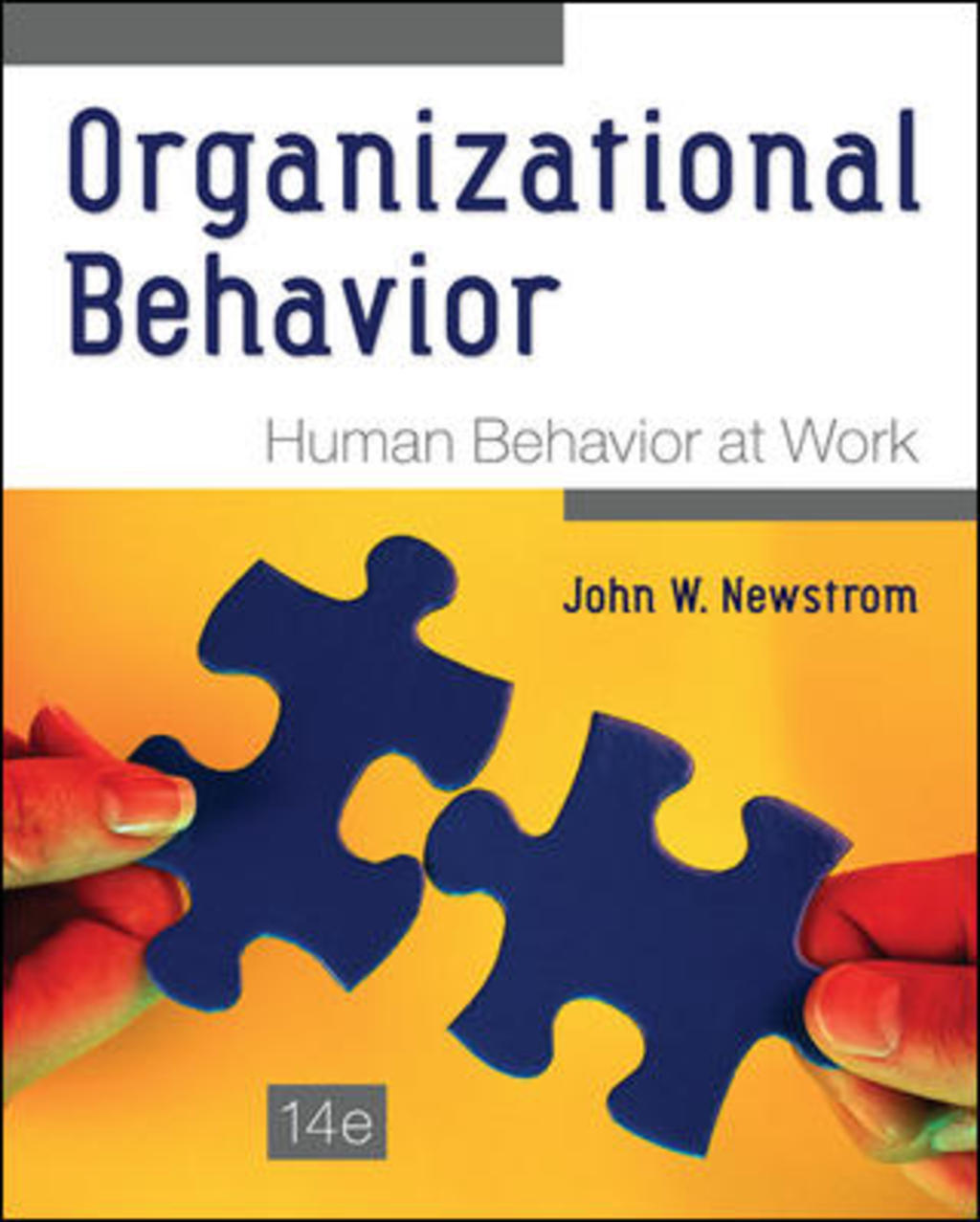Description
Qualitative Inquiry in Evaluation: From Theory to Practice explores and explains the role of qualitative inquiry in the most prominent approaches to evaluation. It describes the key practice considerations for evaluators engaging in qualitative inquiry and how to incorporate these considerations into evaluation approaches and designs.  The volume editors have shaped a book that brings together evaluation theory with practice in an accessible text that is meant to serve as a practical introduction to qualitative methods for students and new evaluators, and as a reference and resource for practicing evaluators. This book offers both a theoretical and a practical lens with which to view qualitative inquiry in evaluation. Part 1 covers how qualitative inquiry fits into major evaluation approaches. Part 2 contains practice-oriented evaluation cases. Part 3 covers the competencies necessary to carry out qualitative evaluation.  In addition, the book introduces new evaluators this important and useful methodological choice, one that expert evaluators realize is important to have in designing and conducting evaluations, particularly in complicated or nuanced settings.  In short, no other book so effectively harmonizes qualitative theory and the practice of program evaluation. The book is organized in three sections: ·      Part 1 covers foundations and core concepts. ·      Part 2 explores the real world of qualitative inquiry in evaluation through examples and lessons learned. The purpose of this section of the book is to provide a window on the practice of evaluation. ·      Part 3 identifies and discusses the competencies that align with the concepts of Part 1 and the realities of Part 2. It will focus on the personal and professional competencies that are critical for an evaluator to posses if he/she wants to undertake qualitative inquiries.  CONTENTS:  Part 1: Orientation Chapter 1 Defining qualitative inquiry and evaluation Chapter 2 History of Qualitative Inquiry in Evaluations Chapter 3 Utilization Focused Evaluation Chapter 4 Theory-Driven Evaluations Chapter 5 Accountability-Focused Evaluation  Part 2: Practice Considerations Chapter 6 Evaluator Roles and Responsibilities   Chapter 7 Considering the Possibilities with Stakeholders Chapter 8 The Great Balancing Act with a Smaller Scale Project: Chapter 9 The Great Balancing Act with a Large Scale Project: Chapter 10 The Negotiated Confidentiality Continuum: Ethical Considerations Chapter 11 Meaningful Use of Findings in Qualitative Evaluations Chapter 12 Handling Unintended Findings: Reporting Considerations  Part 3: Competencies Chapter 13 What Does it Actually Take to Be an Effective Qualitative Evaluator?: Essential Competencies  Part 4: Afterword Chapter 14 Dialogic Reflections ¬â€Â










